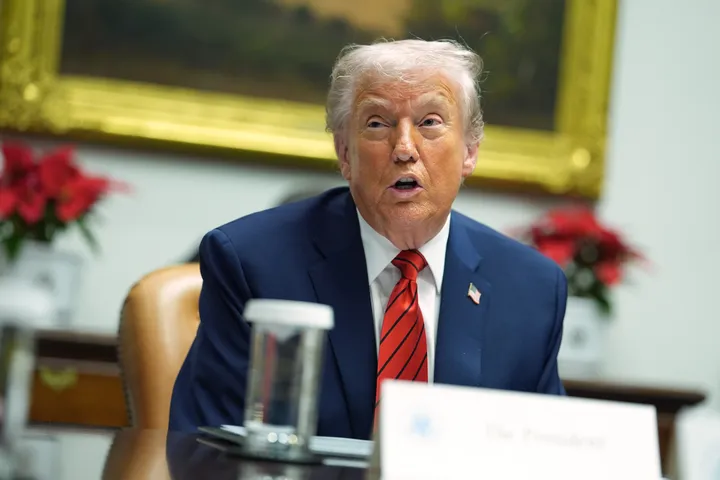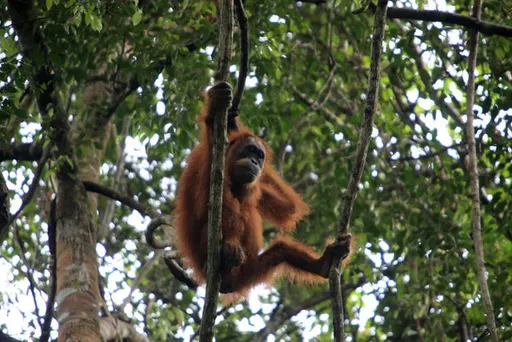The YPG in Syria is preparing to establish a conventional army, local sources told Anadolu Agency.
The so-called "border guards, trained by the US through the Pentagon and the CIA," have formed what they call "The North Army," said the sources, who spoke on condition of anonymity due to security concerns.
According to these sources, this new structure is to be composed mainly of the YPG, which Turkey accuses of having invaded Syrian territory on the pretext of fighting Daesh.
Ankara considers the YPG to be affiliated with the PKK.
The PKK – listed as a terrorist organisation by Turkey, the US and the EU – has conducted its armed campaign against Turkey since 1984.
Some 40,000 people have been killed in the clashes mainly concentrated in Turkey's southeast, as well as various attacks elsewhere in the country.
Turkey has repeatedly said it would not tolerate terror organisations such as the YPG forming a corridor in northern Syria along Turkey’s borders.
Earlier on December 22, 2017, US Central Command (CENTCOM) Commander General Joseph Votel announced they would establish border forces in Syria, which he said would help prevent a resurgence of Daesh.
The US previously said they would continue to support the YPG in Syria's eastern Deir Ezzor province, home to some of the country's most productive oilfields.
A group of around 400 members were reportedly trained near eastern Aleppo's Tishrin Dam on the Euphrates River and in southern Hasakah province.
They were provided with both theoretical and technical instruction as well as military training and high-tech equipment.
These courses were seen as the last step towards creating a conventional army comprised of terror-related groups, also known as the "The North Army."
The army is expected to be deployed first in Ayn al Arab, also known as Kobani, Tel Abyad, Ras al Ayn, and al Malikiyah – all in Aleppo province and near the Turkish border.
Despite Turkey’s objections, the US has continuously provided YPG and its affiliated groups with arms, calling it an ally in the fight against Daesh, but ignoring its internationally recognised status as a terrorist group.
US Defense Chief Ash Carter had admitted in April 2016 that the PYD and YPG are linked to the PKK.
The head of the US special forces in 2015 had also urged the YPG to "rebrand" itself to avoid Turkish criticism and give the group a role in Syria's future. The PKK-linked group was then renamed the Syrian Democratic Forces (SDF), General Raymond Thomas said in July 2017.
A former spokesperson for the YPG group, Talal Silo, who defected from the SDF and is now in Turkey had said the group was "just a name" that provided cover for the US to support the YPG.
Silo had also explainedhow the PKK-terrorist dominated force was formed and how the US made a controversial deal to allow Daesh militants to leave the city of Raqqa before it taken over by the US-backed forces.
The YPG is currently occupying more than a fourth of Syrian territory. Their strategy for expansion has grown as it has expanded the area under its control, starting from the Iraqi border in eastern Syria, then west through the Turkish borderline.
Turkey has warned the US about the goals of the organisation. However, the US government says the developments are only linked to the fight against Daesh.
























